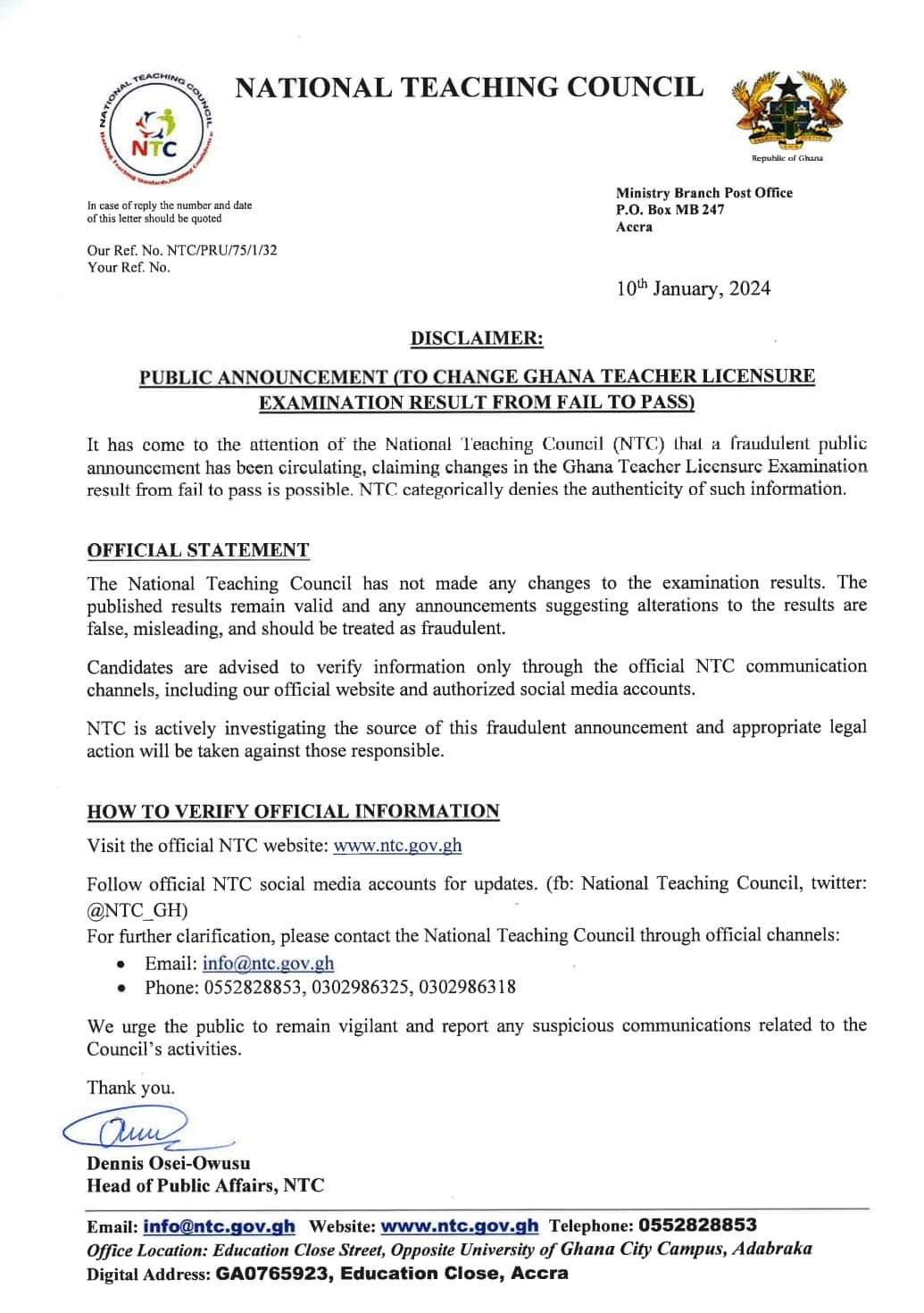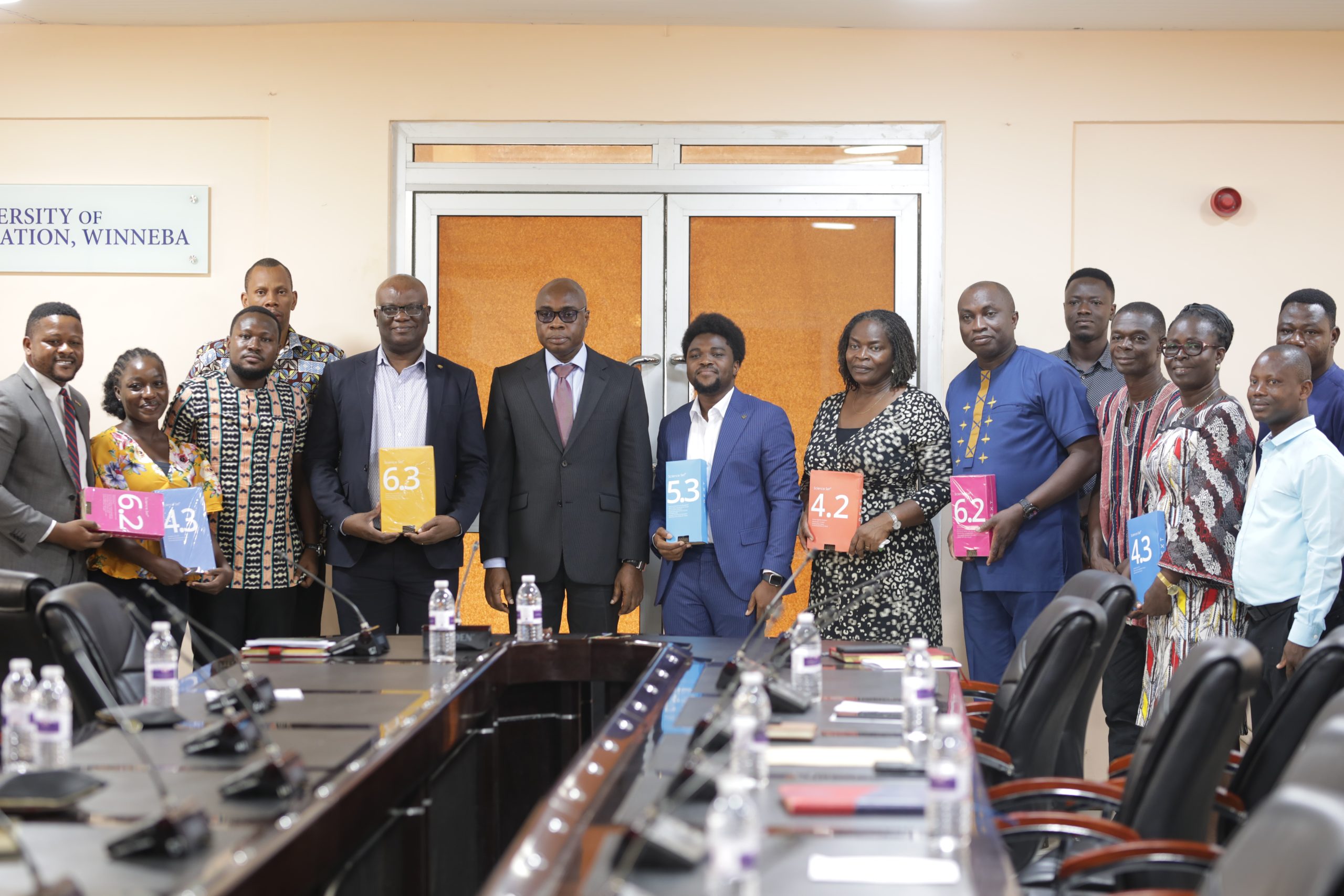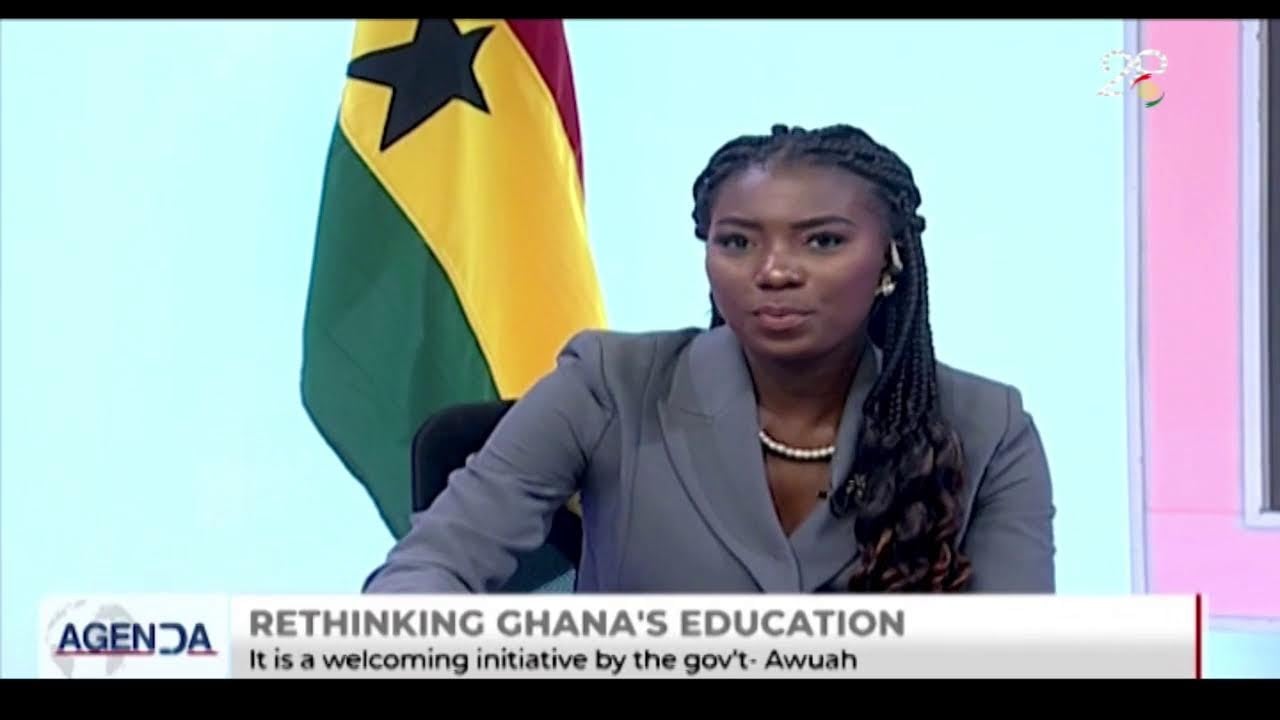
Peki — The National Teachers Council (NTC) of the Ministry of Education has stoked another fire with the announcement that teachers are going to write a special examination, which they must pass, before being a granted license to teach.
In August 2014, Dr Augustine Tawiah, then Executive Secretary of the National Teaching Council, announced that from 2015, teachers would need to meet both certification and licensing requirements by the service to be able to teach.
The Council, he noted, would also license and give certificates to all teachers, enforce policy on ethical and professional standards, and advise the sector ministry accordingly. Teachers would be issued a 14-digit identity card to be renewed at regular intervals.
The decision was, however, strongly resisted by the Ghana National Association of Teachers (GNAT), and was put on hold.
The Acting Executive Secretary of the NTC, Dr. Mrs. Evelyn Oduro, who dropped the latest hint at the 10th Congregation of the Peki College of Education (GOVCO) at Peki in the South Dayi District over the weekend, did not give any reason for rolling back the policy. She, however, pointed out that the 21st Century teacher ought to be dedicated and hard working
She called for dedicated and motivated teachers who would work hard to promote quality education, relevant to national development efforts.
According to her, in recent times, the non-performance of some teachers remains a major problem confronting stakeholders, and urged them (teachers) to put in their best.
She called on teachers to exhibit a high level of discipline, and that acts of indiscipline being exhibited by some teachers who, upon completion of their diploma programmes, would pursue further studies at the universities before they would be confirmed as professional teachers, is not the best practice.
The Deputy Volta Regional Minister, Mr. Maxwell Kofi Blagodzi, on his part, asked teachers not to disappoint society, which has a high respect for them, as a result of the crucial role they play in educating and shaping the lives of people who they teach.
According to Mr. Blagodzi, education is key to the development of every country, and that it was on the basis of this that President Akufo-Addo Addo Dankwa Akufo-Addo had made education one of his priority areas.
The aim of the government, he continued, iwas to make teaching more attractive to prevent the high attrition in the teaching profession.
The Deputy Volta Regional Minister noted that it was important for teachers to acquire knowledge in local governance, and that they can do this by attending local government education programmes organised by the various district assemblies, particularly, town-hall meetings, to enable them to be well equipped on matters concerning local governance administration.
He said certificates given to teachers would become mere paper if they failed to let the knowledge acquired during the period of training to positively impact on society.
The Deputy Regional Minister, who is also a professional teacher, urged teachers to act as instruments of change in their respective communities, by actively participating in communal activities, apart from playing their distinct role as educators.
Mr. Blagodzi observed that for the nation to derive the needed benefits from education, it was important for teachers to show a high commitment to duty, by eschewing all forms of negative practices, including lateness to school, drunkenness and sexual promiscuity.
These, he noted, would not only tarnish the image of the teaching profession, but also lead to poor performances in schools.
He said the government was putting in place measures to address the accommodation problems facing teachers, as well as improve upon the conditions of service, and that it was crucial for teachers to put in their best and lead lives beyond reproach.
He added that teachers, particularly newly-trained ones, should respect authority, as well as obey the rules and regulations of the teaching profession.
"It is important for teachers to guide against immoral behaviour and endeavour to serve as role models, because they have no excuse to disappoint society in rendering quality service to the nation, for expectations are high, and stakeholders wish to see improved performance in schools," he said.
The Principal of the Peki College of Education, Mr. J.N.M. Baako, said out of the 1,300 newly-trained teachers from both regular and the Untrained Teachers Diploma in Basic Education (UTDBE), five had first class from the regular, with three from UTDBE also achieving the same feat.
Mr. Baako said discipline was the hallmark of every successful institution to distinguish itself in the field of academia, and that is why, for the first time in the history of the College, the number of students scoring first class had increased.
He commended the lecturers and the Students Representative Council (SRC) for their roles in promoting discipline and improved academic work.
The Principal commended the government for the building of an auditorium and girls' hostel project, and appealed for the early completion of the projects under the Ghana Education Trust Fund (GETFund), as well as the construction of the access roads in the school.
Read Full Story

















Facebook
Twitter
Pinterest
Instagram
Google+
YouTube
LinkedIn
RSS